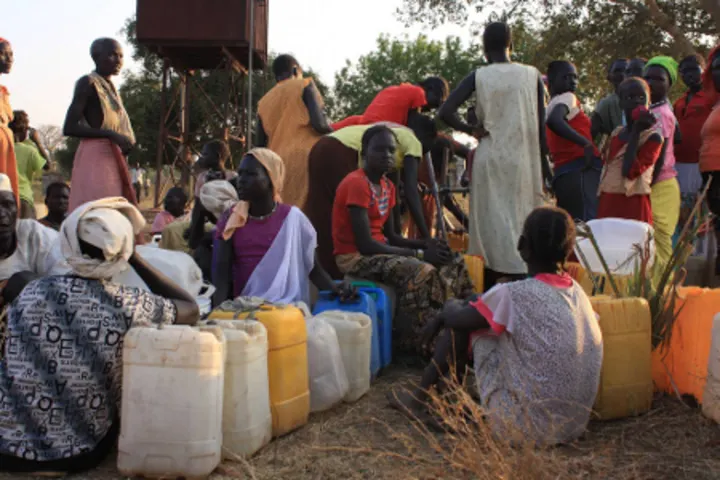
Some of the DR Congo’s former child soldiers have become traders, hairdressers and tailors, but many struggle to recover a normal life.
Dreams of becoming a farmer or teacher run up against tough conditions in a society deeply afflicted by unemployment and poverty.
Clement Kahindo, supervisor of a temporary shelter in Goma, capital of North Kivu province, goes through the list of problems.
His facility is managed by an NGO called Cajed, which works for underprivileged young people and currently accommodates around 40 children aged 10 to 17 recently extracted from armed groups.
“They are taught how to behave properly, to read and write. They do drawing, basket-making, gardening, the washing up,” he told AFP.
What about teaching them a trade? “We do that sometimes, but not so much,” Kahindo said. “We lack the funds.”
But he proudly pointed to the success of a young man who had been given a sewing machine and has since regularly visited with reports of his progress. Another runs a hairdressing salon.
Kahindo said many former child combatants were overwhelmed by the horrors they had witnessed in a part of the country that has been ravaged by violence for more than 25 years.
“They have seen killings, some of them have carried out killings themselves, like the teenager who was forced to tie people up and bury them alive,” Kahindo said.
The youngest children are “used for spying, cooking, water and firewood,” said Faustin Busimba, Cajed’s programme officer.
“A child who stays for two or three years in an armed group goes to the front.”
But in eastern DRC’s North and South Kivu, as well as Ituri province, the front line and the conflict itself can be volatile.
The causes of violence in this troubled region are often complex and overlapping, rooted sometimes in ancient grievances but also overlain with the activities of foreign rebel groups and ethnic militias.













